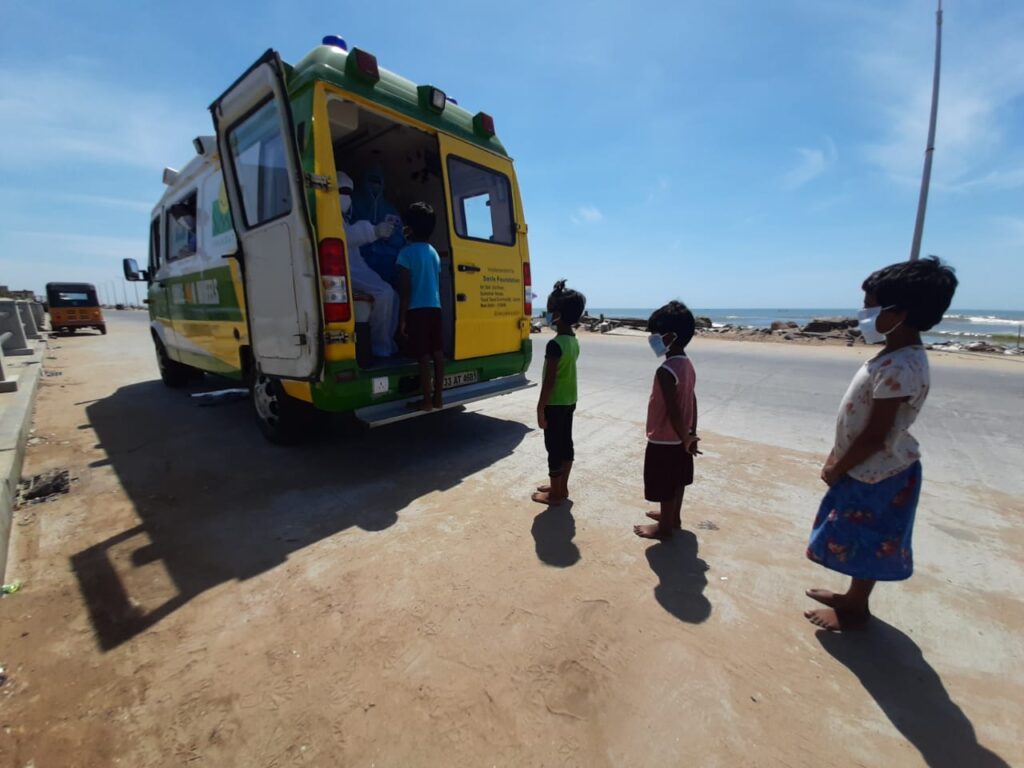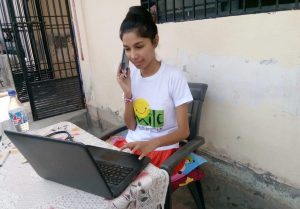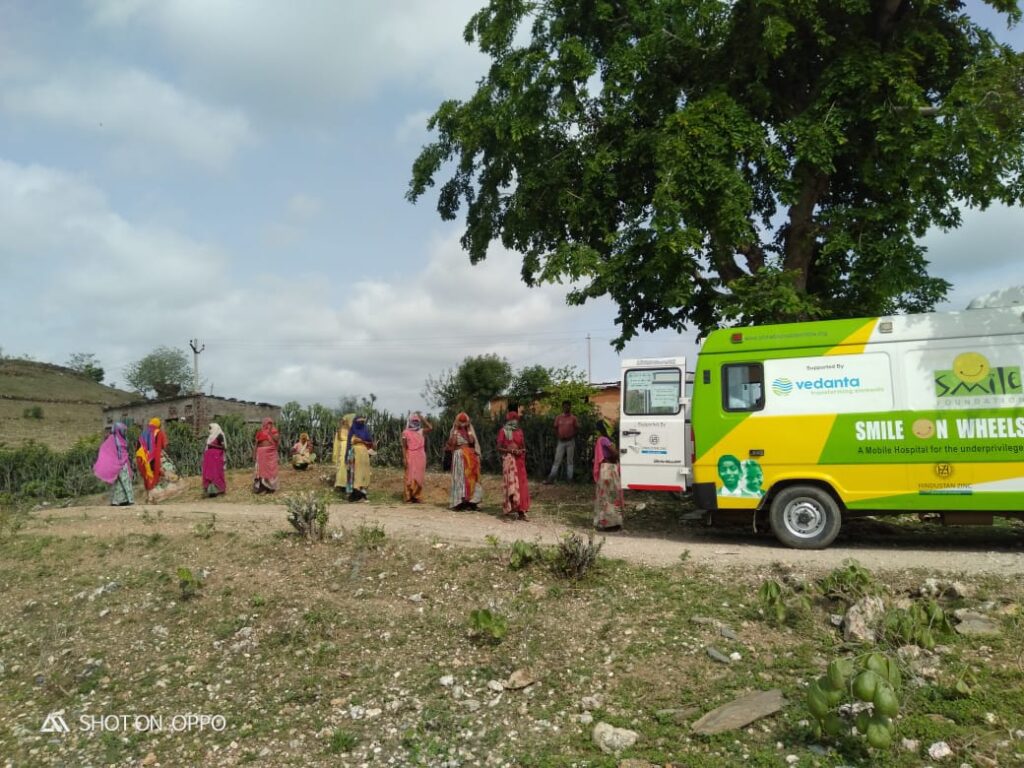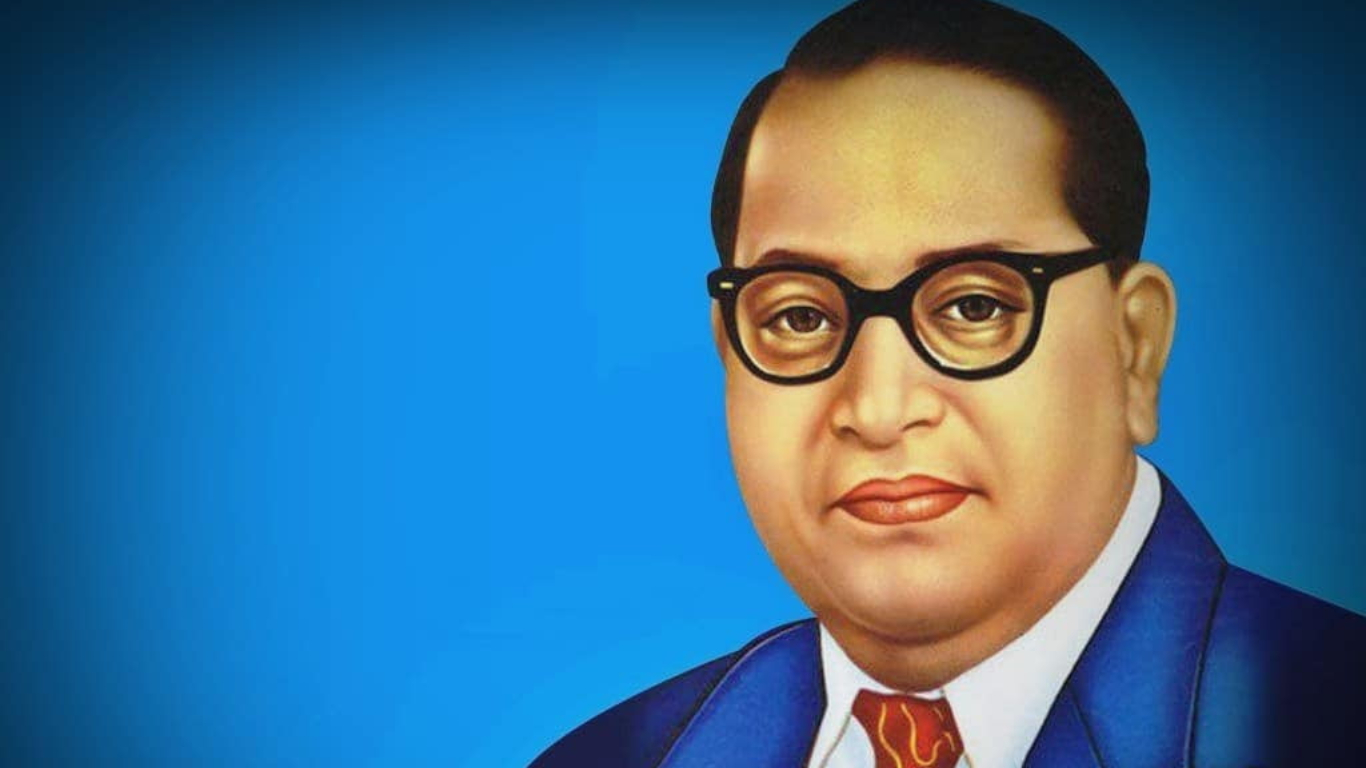Healthcare is among the most important and most difficult to reach for by the people with no homes and no identities. As of 2020, approx. a billion people are displaced, out which 763 million are internally displaced. Most of these people do not have any documents relevant to seek essential services which are their human rights and that prevents them from getting access to their needs.
85 % of the total displaced people, both domestic and international, are being hosted by developing nations. The health infrastructure of these nations is too weak to serve the needs of these people looking for a home and support in an alien place. Another group of people that are worst affected are the ones living in remote locations, the tribal and’ indigenous population. Such regions, though sparsely populated, do not generally have hospitals or a primary healthcare facility.
The population living in these vulnerable conditions and remote regions face severely poor socioeconomic conditions due to unemployment and/or isolation which also puts them on a back foot when it comes to accessing healthcare.
Living with poor sanitation and contaminated water with limited to no availability of nutritious food, they are also at an increased risk to a range of bacterial, viral and parasitic infections, as well as disease that can be easily prevented by vaccines. Another major factors that make it difficult for people displaced from their homes can be of this legal status in the host region, a language barriers and discrimination.
Among these people, the most vulnerable are women, children and people with disabilities. The social and environmental impact of the changes they face elevates the health issues faced by them.

In remote regions, the situation becomes critical due to the additional problems arising as a result of the lack of knowledge and awareness on the means to maintain good health, reduce preventable diseases and seek medical attention time. Even when people know when to seek medical attention, the non-functioning primary healthcare centres and non-availability of hospitals and doctors increases the rate of mortality among the population of people living in remote areas of the country.
Individuals and experts around the world seek to change the prevailing situation of weak healthcare facilities that are available for people in vulnerable situations and remote locations. With the advancement of technology, bringing quality healthcare to people around the world is becoming more and more easy. Among others, the most efficient and fruitful support is tele consultation and tele-medicine. With a rise in the use of smartphones and wide spread connectivity of the internet, providing medical assistance from healthcare experts to people living in remote regions is the way to go forward.
Most of the people in the challenging situations and locations are healthy, they do not suffer from chronic or deadly diseases, what they require is easy access to primary healthcare and regular awareness sessions on maintaining good health to avoid a health problem from becoming severe and possibly deadly. Teleconsultation can prove to be life-saving by helping in diagnosing a disease in its initial stage, for example, a common cold can be prevented from turning into pneumonia and more challenging to treat, if easy access to a doctor is available.
In regions, where people cannot reach or cannot afford to reach out for medical assistance, the same can be brought to them. By addressing, the primary and basic healthcare needs of the people surviving through social, environmental and economic challenges, the problem can be effectively removed before it turns into something far more severe.
Smile Foundation recognizes the above and under its healthcare vertical, Smile on Wheels, runs primary healthcare service vans that offers free quality medical assistances to underprivileged people at their doorstep in India. With regular consultation and a meticulously maintained health record of its beneficiaries, Smile on Wheels is able to address the primary and prevalent health needs of majority of the people they serve.

Teleconsultation and telemedicine is also a part of its program, where the doctors and health experts, connect with people through video and audio calls and address their healthcare needs when and where in person consultation is not possible. This has had a positive effect in terms of addressing the mental health problems of stress and anxiety arising due to difficult circumstances while the world learned to live with a pandemic.
Healthcare is a human right and every person should have easy access to means to maintaining a healthy body and mind. The world needs more innovations and implementation of services that bring quality healthcare to people without location or situation becoming unmovable hurdles in the path of it.
To help the most underprivileged support https://www.smilefoundationindia.org/health-cannot-wait/









